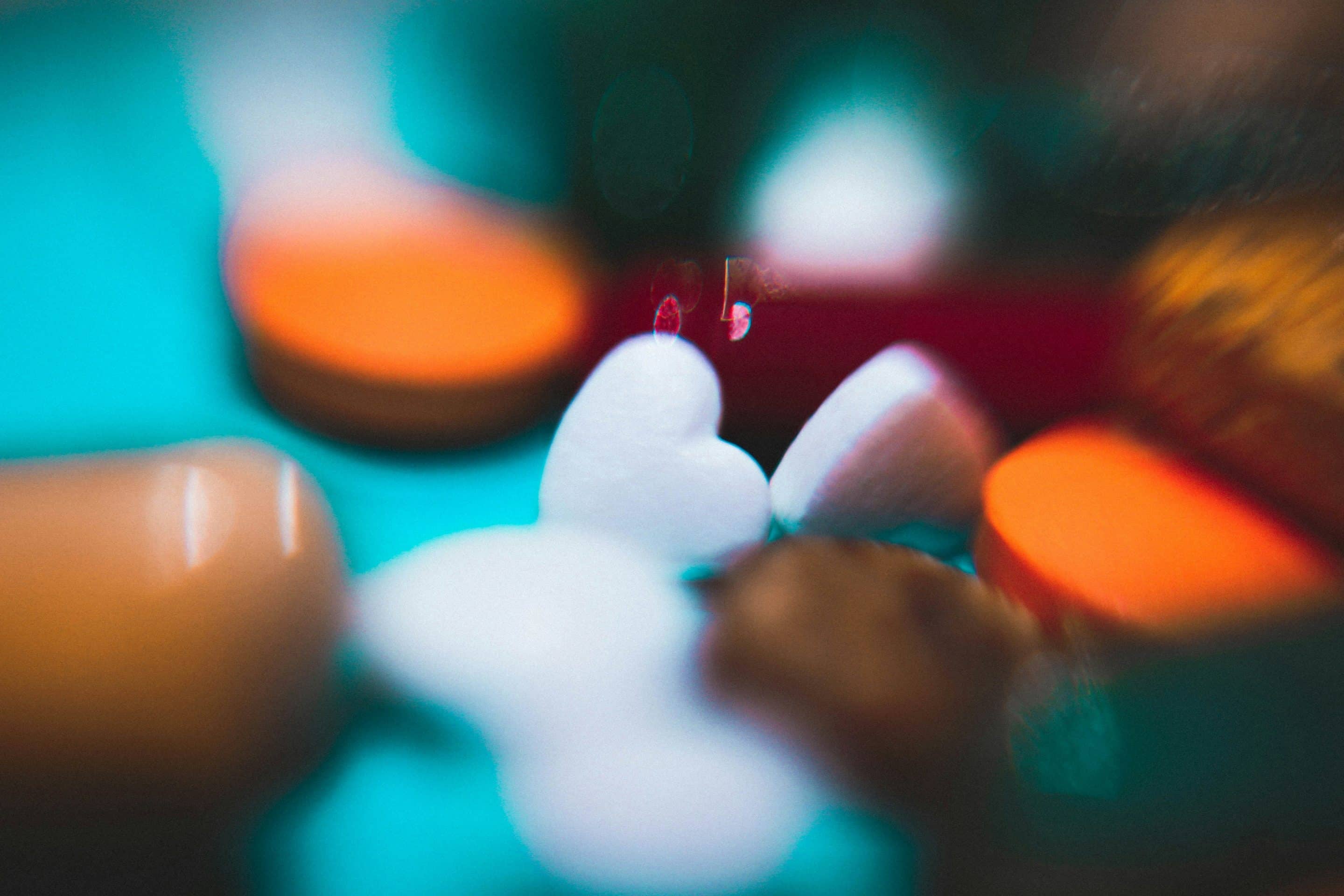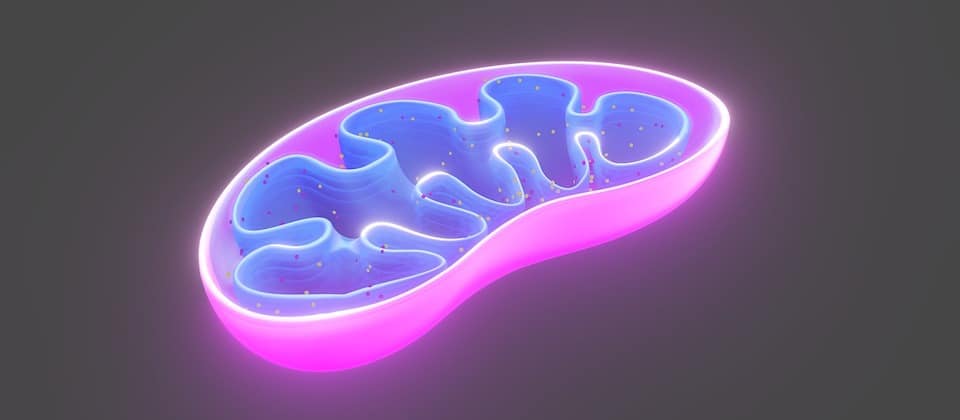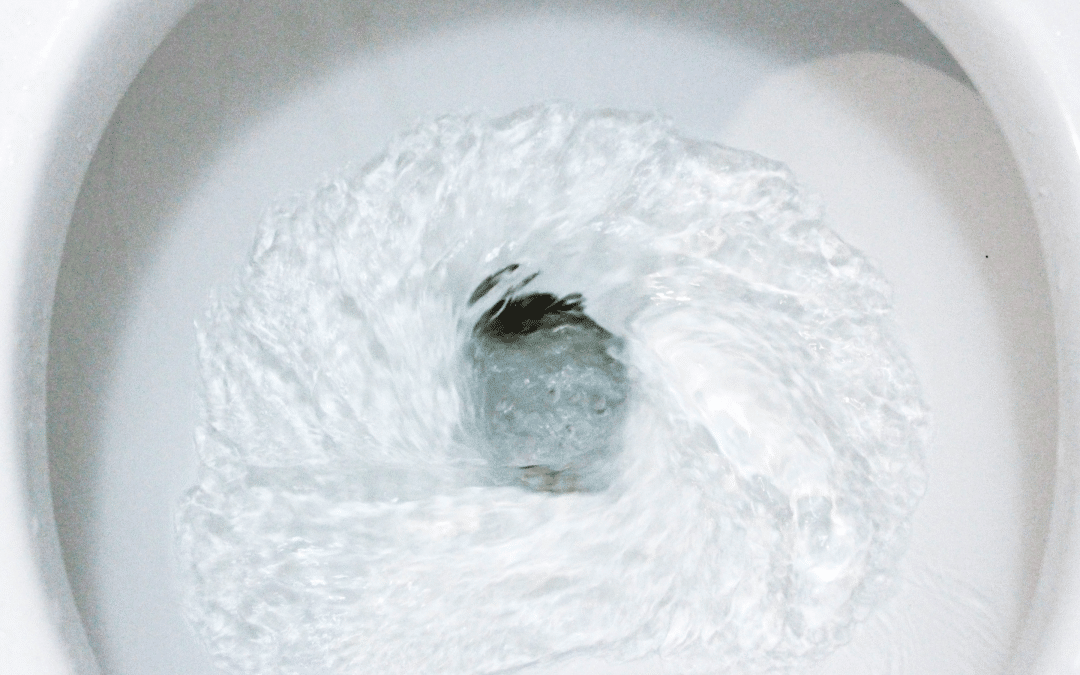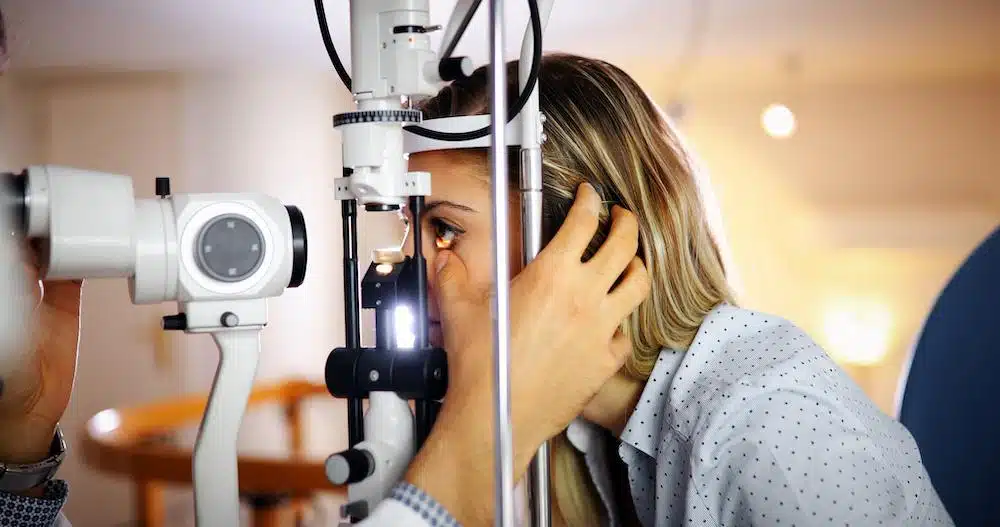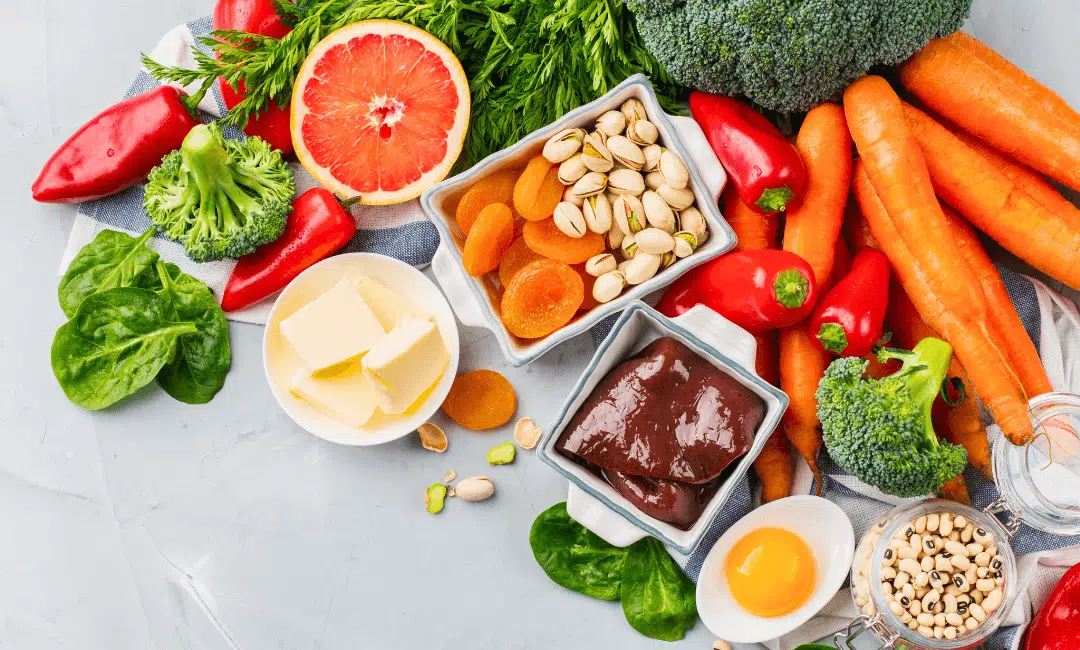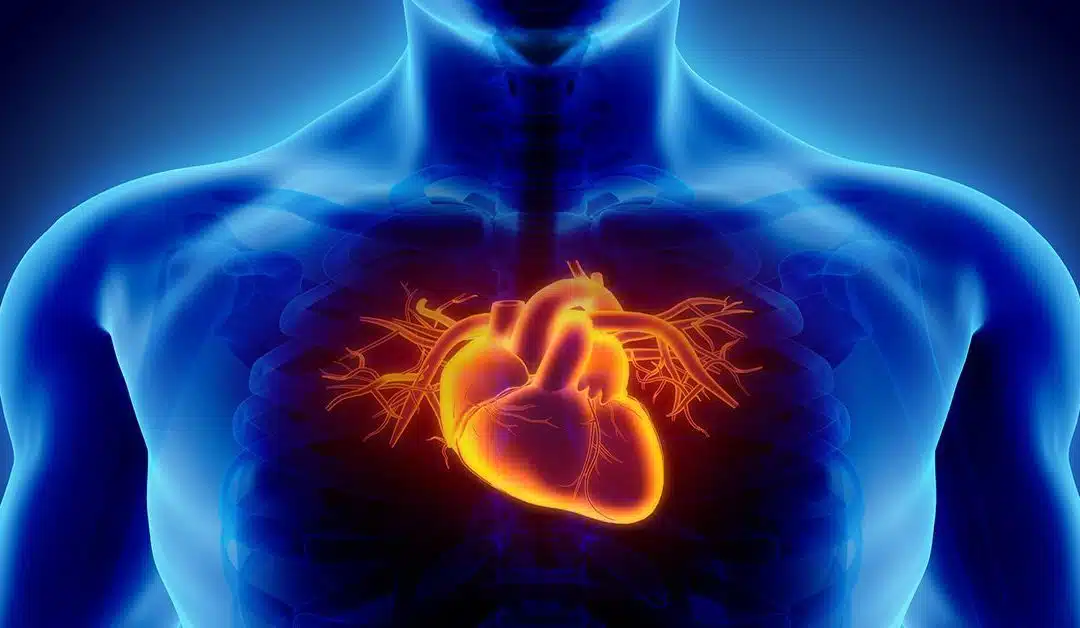In the ever-evolving world of health and wellness, a new classifcation of probiotics, known as psychobiotics, has emerged as a promising solution for enhancing both gut health and mental well-being. Psychobiotics are not new strains of probiotics, but rather existing probiotics that happen to have additional influence on the gut-brain axis and mental health. They are live bacteria or bacterial byproducts that, when ingested, can exert beneficial effects on the brain and central nervous system [1-3]. By optimizing this crucial connection, psychobiotics offer a natural and holistic approach to supporting mental health.
In this article, we discuss the fascinating world of psychobiotics, touching on their mechanisms of action, their impact on gut health, and their potential to alleviate various mental health concerns. Let’s take a look at these remarkable microorganisms and how they can contribute to our overall well-being.
Understanding the Connection between Psychobiotics and Mental Health
The gut-brain axis is a complex and intricate network that facilitates communication between the gastrointestinal system and the central nervous system. This bidirectional communication occurs through various pathways, including the vagus nerve, immune system signaling, and the production of neurotransmitters and metabolites.
Psychobiotics play a crucial role in modulating this axis by influencing the production and regulation of neurotransmitters, such as serotonin, dopamine, and gamma-aminobutyric acid (GABA) [1-3]. These neurotransmitters are essential for maintaining a healthy emotional state, regulating mood, and promoting overall mental well-being. Furthermore, psychobiotics can have significant influence the gut microbiome. A balanced and diverse gut microbiome is essential for optimal gut health and has been linked to various mental health benefits, including reduced stress, anxiety, and depression [1].
By supporting a healthy gut microbiome and modulating the gut-brain axis, psychobiotics can potentially alleviate symptoms associated with various mental health conditions, such as anxiety, depression, and stress-related disorders.
The Impact of Psychobiotics on Gut Health
While the primary focus of psychobiotics is their influence on mental well-being, their beneficial effects extend to gut health as well. A healthy gut is essential for overall physical and mental well-being, and psychobiotics can contribute to maintaining a balanced and functional gastrointestinal system.
Psychobiotics can promote a diverse and balanced gut microbiome by supporting the growth and colonization of beneficial bacteria. They can also help regulate gut motility, reduce inflammation, and improve the integrity of the gut lining, all of which contribute to optimal digestive function and nutrient absorption [2].
Additionally, psychobiotics may play a role in alleviating gut-related conditions, such as irritable bowel syndrome, inflammatory bowel diseases, and small intestinal bacterial overgrowth (SIBO). By modulating the gut microbiome and reducing inflammation, psychobiotics can potentially alleviate symptoms associated with these conditions and improve overall gut health.
The Role of Psychobiotics in Managing Stress and Anxiety
Stress and anxiety are common mental health challenges that can significantly impact our daily lives and overall well-being. Several studies have demonstrated the ability of certain psychobiotic strains to reduce stress and anxiety levels. For example, Lactobacillus rhamnosus has been found to lower cortisol levels (the primary stress hormone) and alleviate symptoms of anxiety and depression [1-4]. Psychobiotics may also contribute to stress and anxiety management by supporting a healthy gut microbiome. A balanced gut microbiome has been linked to improved stress resilience and reduced anxiety levels, potentially through its influence on the hypothalamic-pituitary-adrenal (HPA) axis, which regulates stress response [1-3].
By modulating the gut-brain axis, reducing inflammation, and supporting a balanced gut microbiome, psychobiotics offer a natural and holistic approach to managing stress and anxiety. However, it’s essential to note that psychobiotics should be used in conjunction with other lifestyle modifications and, if necessary, professional support for optimal stress and anxiety management.
Psychobiotics and their Potential in Treating Depression
Depression is a complex and multifaceted mental health condition that can significantly impact an individual’s quality of life. While traditional treatments, such as psychotherapy and antidepressant medications, are effective for many individuals, there is growing interest in exploring alternative and complementary approaches, including the use of psychobiotics [4].
One proposed mechanism by which psychobiotics may alleviate depression is through their ability to modulate neurotransmitter levels, particularly serotonin and dopamine. These neurotransmitters play crucial roles in regulating mood, emotion, and cognitive function. Additionally, psychobiotics may contribute to reducing inflammation, which has been linked to the development and progression of depression. By modulating the gut microbiome and supporting a healthy gut environment, psychobiotics can potentially reduce inflammation and alleviate associated depressive symptoms [2,4].
While the research on psychobiotics and depression is promising, it’s important to note that more large-scale clinical trials are needed to fully understand their efficacy and potential applications. Psychobiotics should be considered as a complementary approach to traditional treatments and should not replace professional medical advice and care.
Top Foods and Sources of Psychobiotics
While psychobiotics can be obtained through dietary supplements, many natural food sources contain these beneficial microorganisms. Incorporating these foods into your diet can provide a convenient and delicious way to support gut and mental health.
Here are some top food sources of psychobiotics:
- Fermented foods: Foods like yogurt, kefir, sauerkraut, and kimchi
- Dairy products: Certain cheeses, such as cheddar and Swiss
- Whole grains: Oats and barley
- Fruits and vegetables: Bananas, asparagus, leeks, and onions
These foods are rich in various strains of psychobiotics, including Lactobacillus and Bifidobacterium species, which have been extensively studied for their potential mental health benefits.
Best Psychobiotic Strains for Mental Well-Being
While many psychobiotic strains have been identified and studied, some have shown particularly promising results in supporting mental well-being. Here are some of the best psychobiotic strains for mental health [1-4]:
- Lactobacillus rhamnosus: This strain has been associated with reduced stress and anxiety levels, as well as improved cognitive function and memory.
- Bifidobacterium longum: Studies have shown that B. longum can alleviate symptoms of depression and anxiety, potentially by modulating neurotransmitter levels and reducing inflammation.
- Lactobacillus helveticus: This strain has been linked to improved mood and reduced symptoms of depression and anxiety, possibly through its ability to produce gamma-aminobutyric acid, a neurotransmitter that promotes relaxation.
- Lactobacillus plantarum: Research suggests that L. plantarum may have antidepressant-like effects and can potentially improve cognitive function and memory.
- Bifidobacterium breve: This strain has been shown to reduce stress and anxiety levels, as well as improve cognitive performance and mood.
It’s important to note that the effectiveness of these strains may vary among individuals, and a combination of different psychobiotic strains may provide more comprehensive benefits.
How to Incorporate Psychobiotics into your Diet
Incorporating psychobiotics into your daily routine can be a simple and enjoyable process [1,3]. Here are some practical tips for adding these beneficial microorganisms to your diet:
- Consume fermented foods: Include fermented foods like yogurt, kefir, sauerkraut, and kimchi in your meals.
- Try psychobiotic supplements: If you have difficulty obtaining sufficient psychobiotics from dietary sources, consider taking a high-quality psychobiotic supplement. Look for supplements that contain well-researched strains and follow the recommended dosage.
- Experiment with psychobiotic-rich recipes: Explore recipes that incorporate psychobiotic-rich ingredients, such as sourdough bread, miso soup, or tempeh-based dishes.
- Pair psychobiotics with prebiotics: Prebiotics are types of dietary fiber that feed and support the growth of beneficial gut bacteria, including psychobiotics. Incorporate prebiotic-rich foods like onions, garlic, bananas, and whole grains into your diet to enhance the effectiveness of psychobiotics.
Remember, consistency is key when incorporating psychobiotics into your diet. It may take time for the beneficial effects to become apparent, so be patient and make psychobiotics a regular part of your routine.
Final Thoughts
The field of psychobiotics is a fascinating and rapidly evolving area of research, offering promising solutions for enhancing gut health and mental well-being. As we continue to unravel the intricate connections between the gut and the brain, psychobiotics emerge as a natural and holistic approach to supporting mental health. Through their ability to modulate the gut-brain axis, influence neurotransmitter levels, and support a balanced gut microbiome, psychobiotics have shown potential in alleviating symptoms associated with various mental health conditions, including stress, anxiety, and depression.
Looking ahead, future research will likely focus on identifying the most effective psychobiotic strains and combinations, determining optimal dosages, and exploring the potential synergistic effects of psychobiotics with other therapeutic approaches. Additionally, the development of personalized psychobiotic therapies tailored to individual gut microbiome profiles and mental health needs may become a reality.
If you’re interested in exploring the world of psychobiotics and incorporating them into your lifestyle, I encourage you to consult with a healthcare professional or a qualified nutritionist. They can provide personalized guidance on the best psychobiotic strains, dosages, and dietary sources to suit your individual needs and health goals.
Sources
[1] Del Toro-Barbosa, M., Hurtado-Romero, A., Garcia-Amezquita, L. E., & García-Cayuela, T. (2020). Psychobiotics: Mechanisms of Action, Evaluation Methods and Effectiveness in Applications with Food Products. Nutrients, 12(12), 3896. https://doi.org/10.3390/nu12123896
[2] Sarkar, A., Lehto, S. M., Harty, S., Dinan, T. G., Cryan, J. F., & Burnet, P. W. J. (2016). Psychobiotics and the Manipulation of Bacteria-Gut-Brain Signals. Trends in neurosciences, 39(11), 763–781. https://doi.org/10.1016/j.tins.2016.09.002
[3] Oroojzadeh, P., Bostanabad, S. Y., & Lotfi, H. (2022). Psychobiotics: the Influence of Gut Microbiota on the Gut-Brain Axis in Neurological Disorders. Journal of molecular neuroscience : MN, 72(9), 1952–1964. https://doi.org/10.1007/s12031-022-02053-3
[4] Dziedzic A, Maciak K, Bliźniewska-Kowalska K, Gałecka M, Kobierecka W, Saluk J. 2024). The Power of Psychobiotics in Depression: A Modern Approach through the Microbiota–Gut–Brain Axis: A Literature Review. Nutrients. 16(7):1054. https://doi.org/10.3390/nu16071054
https://www.forbes.com/health/mind/psychobiotics/
https://www.gutmicrobiotaforhealth.com/psychobiotics-gut-biomarkers-future-mental-health/
https://www.womenshealthmag.com/uk/health/mental-health/a40469855/psychobiotics/

